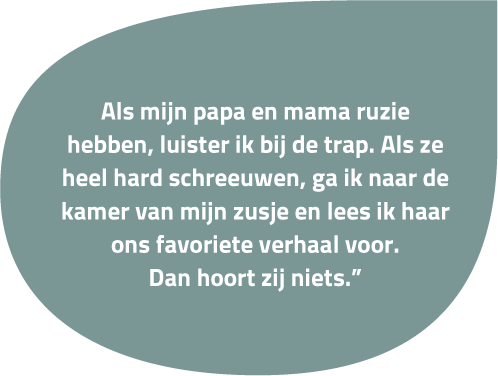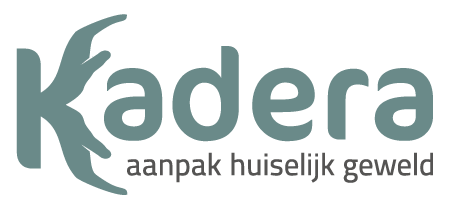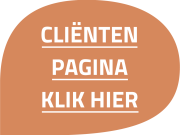Referral
Kadera offers help to men, women and children subjected to domestic abuse. We do this through crisis relief, shelter, sheltered accommodation and ambulatory services. All applications go through the Toegang en Trajecten team. The social workers on this team conduct intake interviews and offer individually appropriate care.
You can register clients with Kadera’s Toegang en Trajecten team by calling +31 88 422 24 95 or sending an email to toegang@kadera.nl.
You can also call this number for advice on individual cases. Contact can be made anonymously, i.e., without sharing client information.




